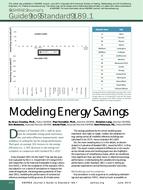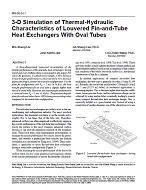Optimisation of solar energy use for low-energy residential houses in Japan is proposed. In order to design rational solar energy systems, it is important to recognise the structure of energy consumption of the residential houses as well as the climatic conditions of the region. Using statistical data obtained from an energy survey of residences in Japan, it has been found that the three major portions of purchased energy are space heating, domestic hot water heating and household appliances (including lighting and cooking). Therefore, the following strategies are proposed to be validated by the simulation study – Thermal insulation of building envelopes to reduce space heating energy; solar hot water heating system to reduce hot water heating energy; and a photovoltaic (PV) system for reducing household energy. The rigorous simulation was carried out using the generalised computer program for energy and environmental simulation of buildings and the results showed a fairly high possibility of reducing total purchased energy to 50% of the energy consumption of the average Japanese residence, provided appropriate combinations of solar collector and PV arrays were used. From the results of the simulation, it is also noted that the use of solar hot water heating systems should be emphasised for reducing the purchased energy of the well-insulated houses in Japan.
KEYWORDS: year 1997, Energy consumption, solar energy, housing, optimisation, Japan, low energy housing, thermal insulation, calculating, space heating, water heating, hot water supply, photovoltaic cells, solar collectors
Citation: Symposium, ASHRAE Trans. 1997, vol.103, part 1
Product Details
- Published:
- 1997
- File Size:
- 1 file , 1.3 MB
- Product Code(s):
- D-16502


